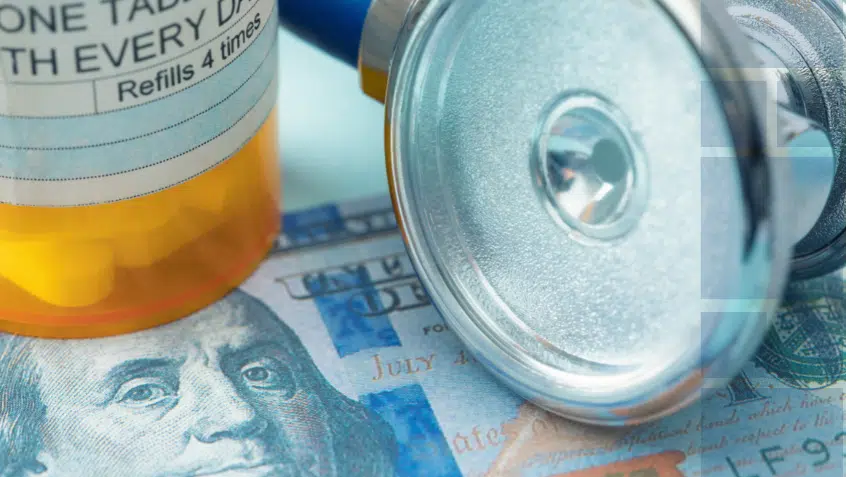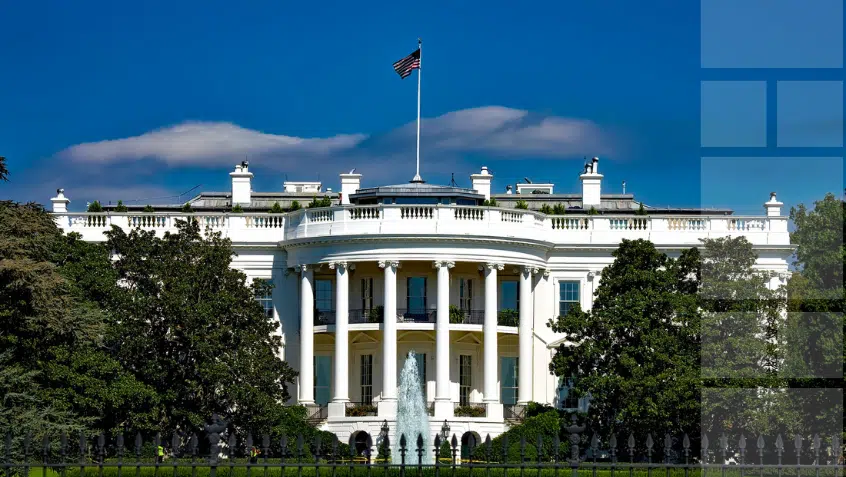
Medicare Rights Joins Legal Fight in Defense of Drug Price Negotiation
Last week, the Medicare Rights Center joined with other advocacy organizations to urge a federal court to reject claims by
Join Us Live for a Discussion on Medicare, Democracy, and the Future of Health Care
The Inflation Reduction Act (IRA) takes important steps to reduce drug prices and lower costs for people with Medicare and the program, such as capping beneficiary out-of-pocket spending; requiring Medicare to negotiate drug prices; and expanding eligibility for the full Part D low-income subsidy (LIS). We support an implementation process that centers the beneficiary experience and look forward to building upon these landmark policies.

Last week, the Medicare Rights Center joined with other advocacy organizations to urge a federal court to reject claims by
The Medicare Rights Center (Medicare Rights) appreciates this opportunity to comment on the Medicare Prescription Payment Plan (MPPP) draft guidance. Medicare Rights is a national, nonprofit organization that works to ensure access to affordable and equitable health care for older adults and people with disabilities through counseling and advocacy, educational programs, and public policy initiatives. Each year, Medicare Rights provides services and resources to over three million people with Medicare, family caregivers, and professionals.

Last month, the Government Accountability Office (GAO) recommended that the Centers for Medicare & Medicaid Services monitor the effects of

Last week, the Centers for Medicare & Medicaid Services (CMS) announced that all of the manufacturers of the first 10

In advance of the upcoming Medicare Fall Open Enrollment period, beginning October 15, the Biden-Harris administration announced that Medicare Advantage

On Tuesday, the Centers for Medicare & Medicaid Services (CMS) announced the first 10 Medicare Part D drugs that will

—Statement by Fred Riccardi, President of the Medicare Rights Center– Washington DC—The Medicare Rights Center applauds a historic milestone achieved

In advance of this week’s one-year anniversary of the Inflation Reduction Act (IRA), the Biden-Harris administration released a set of

This week marked the one-year anniversary of the signing of the Inflation Reduction Act (IRA), landmark legislation that allows Medicare

Last week, the Medicare Rights Center joined with other advocacy organizations to urge a federal court to reject claims by
The Medicare Rights Center (Medicare Rights) appreciates this opportunity to comment on the Medicare Prescription Payment Plan (MPPP) draft guidance. Medicare Rights is a national, nonprofit organization that works to ensure access to affordable and equitable health care for older adults and people with disabilities through counseling and advocacy, educational programs, and public policy initiatives. Each year, Medicare Rights provides services and resources to over three million people with Medicare, family caregivers, and professionals.

Last month, the Government Accountability Office (GAO) recommended that the Centers for Medicare & Medicaid Services monitor the effects of

Last week, the Centers for Medicare & Medicaid Services (CMS) announced that all of the manufacturers of the first 10

In advance of the upcoming Medicare Fall Open Enrollment period, beginning October 15, the Biden-Harris administration announced that Medicare Advantage

On Tuesday, the Centers for Medicare & Medicaid Services (CMS) announced the first 10 Medicare Part D drugs that will

—Statement by Fred Riccardi, President of the Medicare Rights Center– Washington DC—The Medicare Rights Center applauds a historic milestone achieved

In advance of this week’s one-year anniversary of the Inflation Reduction Act (IRA), the Biden-Harris administration released a set of

This week marked the one-year anniversary of the signing of the Inflation Reduction Act (IRA), landmark legislation that allows Medicare